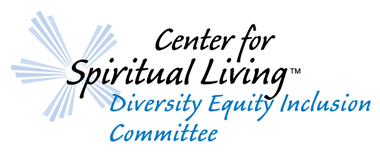Most of us are familiar with the phrase: “Hindsight is 20/20” but Did You Know there’s a thing called Hindsight Bias?
Hindsight bias is also referred to as creeping determinism, and the knew-it-all-along effect.
Hindsight bias refers to a person’s belief and tendency of having predicted the outcome of an event when, in reality, there was no sure way of knowing the outcome. This is a fairly common phenomenon that most people tend to take up at some point of time in their lives―some, more often than others. There are varied nuances to this occurrence and the effect of harboring and encouraging this tendency can lead to limitations in any decision-making process.
Harboring hindsight bias can have a negative effect on many facets of a person’s life, especially those that have to do with decision-making. A person who is prone to this bias might have a false sense of superiority, an overestimation of their intelligence or a false overconfidence about the effectiveness of their thoughts and decisions. This then propels one to take risky and ill-informed decisions which may have disastrous effects―like in business, or medical practice, or even a jury’s judgments about a defendant’s past conduct.
This bias also encourages the tendency in a person to blame others (if they had done this, this would not have happened), which is really quite reminiscent of victim mentality, if one deems to see it that way.
Furthermore, hindsight bias allows a person to accept things at the surface level without conducting more research or going deeper into the subject, or being open to the fact that there might be alternatives to a situation, thereby promoting a very narrow and limited view of the world. Hindsight bias fuels the human tendency to find something familiar and predictable in a world guided by the unknown. When we are able to find closure in things, instead of letting them have loose ends, we are able to function well. Which is why we immediately tend to draw similarities when faced with new information and draw conclusions whereby the new becomes predictable. Even though this bias gives us a grandiose sense of self (which fuels our ego, so to say), it is usually a false self-image, which only hampers our mental growth and decision-making abilities. This is why there is a need to deliberately reject our tendency to adhere to this bias and allow more possibilities and alternate endings to make way.
AFFIRMATION: I release every need to be right. I enthusiastically embrace the mystery of Life trusting that every moment is unfolding exactly as consciousness creates it.
For more information about Hindsight Bias check out:
Understanding Hindsight Bias https://psychologenie.com/understanding-hindsight-bias-with-examples
Hindsight Bias and Framing effect explained https://youtu.be/l_Zgdq8Ag1w

